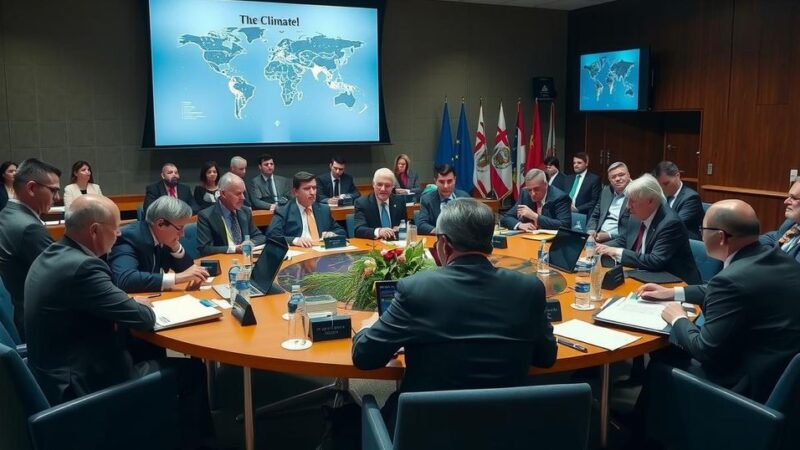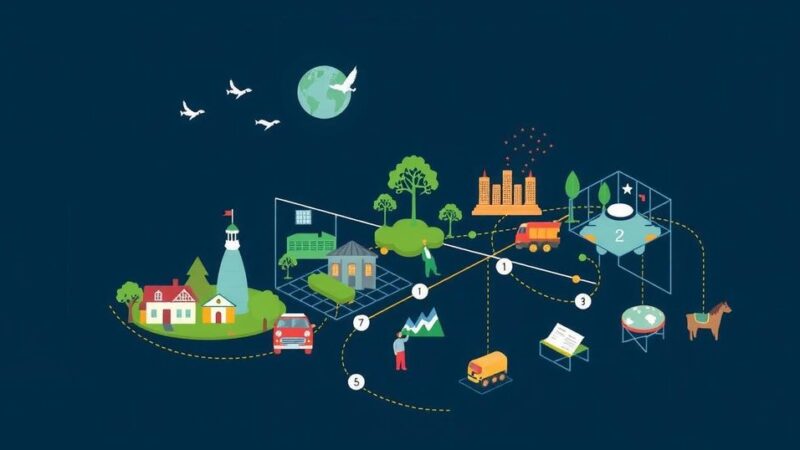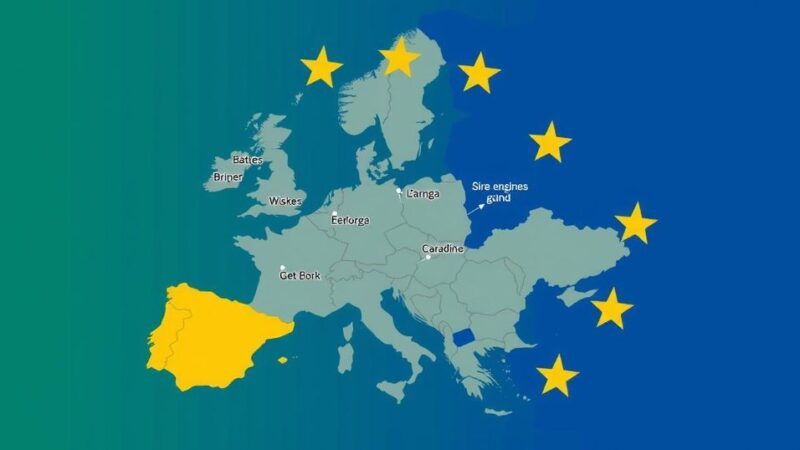The African Climate Policy Centre (ACPC) is launching a training program for African women journalists focused on climate change reporting. The program aims to enhance skills and awareness, empowering women to effectively communicate climate-related challenges faced by the continent. This initiative follows ACPC’s past efforts of engaging diverse groups through training and online learning modules.
The African Climate Policy Centre (ACPC), in partnership with various organizations, is dedicated to enhancing climate change knowledge and awareness throughout Africa. Notably, in 2016, ACPC organized a Training of Trainers (ToT) event aimed at integrating Climate Information and Services (CIS) into legislation and development policies, engaging legislators and youth from across the continent. Subsequently, under the DFID-funded WISER program, ACPC collaborated with the UNCC: Learn Partnership to create a self-paced online learning module on climate information and services, which has successfully trained civil society in Kenya, parliamentarians in Uganda and Pretoria, media personnel in Cameroon, and agricultural experts in Senegal, attracting over 6,000 learners globally. Climate change reporting is paramount, as it requires stakeholder engagement, knowledge acquisition, and the development of informative resources that must be distributed effectively. The media plays a crucial role in disseminating climate-related information to communities severely impacted by extreme weather events. Moreover, raising climate change awareness among public officials is essential for integrating climate policies into economic and development planning. However, there remains a significant gap in skills and awareness regarding the drivers of climate change across the continent, which hinders responses to the increasing frequency of extreme weather events, such as droughts and hurricanes. In this context, the Economic Commission for Africa (ECA) and the Pan-African Climate Justice Alliance (PACJA) invite applications from African women climate change media practitioners for a two-week training course. This initiative is aimed at empowering female officials with the necessary skills to contribute effectively to climate change reporting and awareness efforts.
The initiative of training women climate change reporters emerges from a recognition of the critical role that effective communication plays in driving climate policy and action in Africa. ACPC has been involved in various training programs that empower stakeholders with the necessary skills and knowledge to tackle climate change impacts. Past efforts include the creation of online learning modules that reach thousands of individuals, emphasizing the importance of media in climate advocacy. Engaging women in this training is crucial, as it addresses gender disparities in media and climate discussions while ensuring that diverse perspectives are included in climate journalism. The ongoing climate crisis continues to affect various communities significantly, thereby highlighting the need for skilled reporters who can convey accurate information and galvanize public action.
The call for applications by ECA and PACJA represents a strategic effort to enhance the capacity of women in climate change reporting within Africa. By training female practitioners, this initiative aims to build a robust network of informed journalists capable of addressing climate issues comprehensively, thereby contributing to more informed policy development and community resilience. As climate change effects intensify, fostering skilled professionals in this domain becomes increasingly vital for sustainable development in Africa.
Original Source: www.uneca.org






